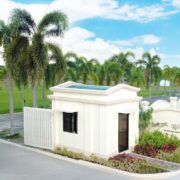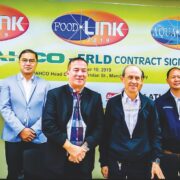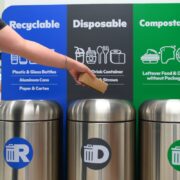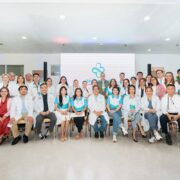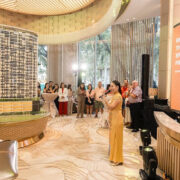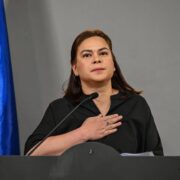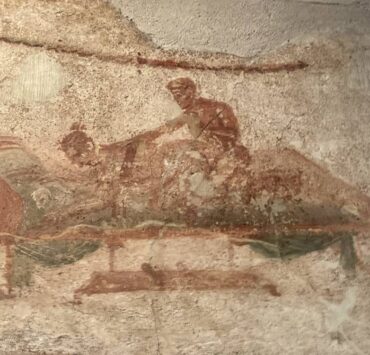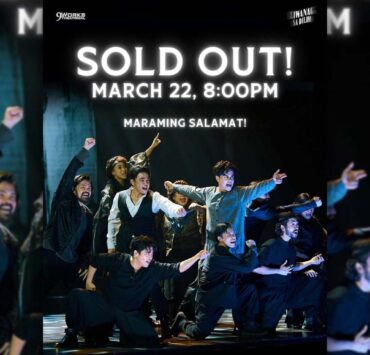Divided we stood: Reflections five years after COVID
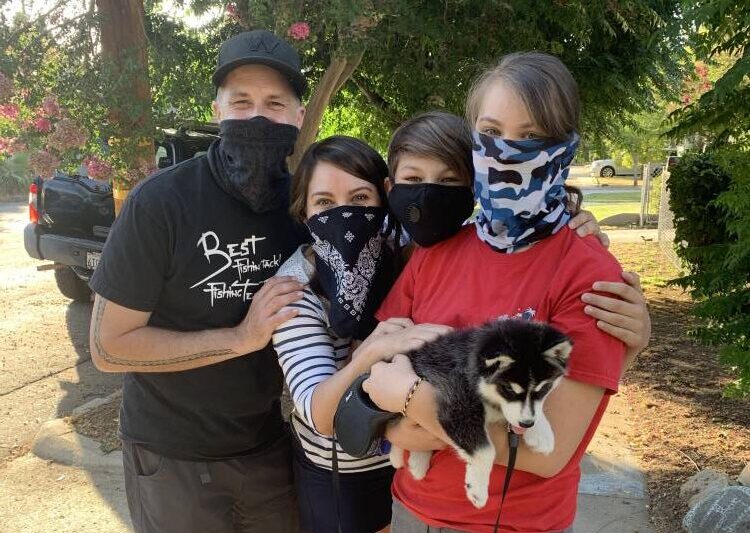
Five years ago, the world came to a standstill. I revisited my journal from March 2020, and back then, the uncertainty was overwhelming—an eerie, collective pause that forced us to confront the unknown. Looking back, it wasn’t just the virus that reshaped our lives, but also the political and social upheavals that had already been in motion.
Before the pandemic, former President Rodrigo Duterte had cemented his grip on the Philippines, waging a bloody war on drugs that disproportionately targeted the poor. His administration thrived on fear, disinformation, and violence, silencing critics—those of us who dared to speak out. I was harassed online relentlessly for my outspoken stance against his regime, a chilling reminder of how authoritarianism thrives in the digital age. My inbox was filled with vitriolic hate from nameless profiles, ranging from name-calling like “bobo” and slut-shaming antics to messages saying I should just commit suicide.
It was so alarming I had to turn off the comments section on all my online platforms to protect my sanity. Now, five years later, justice is finally catching up with Duterte. As he faces trial at the International Criminal Court (ICC), the world is beginning to reckon with the atrocities committed under his rule—though, for the thousands of families torn apart, no justice will ever be enough.
Meanwhile, here in the U.S., Donald Trump was president, and the pandemic only deepened the political fractures that had already been growing. It wasn’t just a public health crisis—it was also a test of ideology, of truth, of humanity itself. His handling of COVID-19, the divisive rhetoric, and the anti-immigrant policies—including the continued push for a border wall—exposed just how much we were living in separate realities.
The most painful part? Watching family members and close friends justify those policies, despite the fact that I am an immigrant myself. The strain was undeniable. Conversations became battlegrounds, relationships eroded, and the very idea of community felt more fragile than ever.
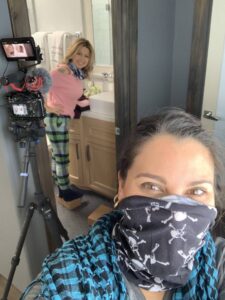
Adjustment
In the midst of this political turmoil, the pandemic forced new adaptations. I was pursuing my master’s in nonprofit management at Antioch University in Culver City, adjusting to remote learning alongside my children, who were also navigating their own confined realities. House-hunting became an even more precarious endeavor, with the market demanding we waive contingencies in a high-stakes gamble for stability. Meanwhile, my kids were in the throes of individuation, retreating behind closed doors in an attempt to carve out space in a world that had collapsed into the walls of our home.
Despite the isolation, there were unexpected connections. My relationship with legendary actress Cherie Gil deepened during this time, as she embraced leading online classes and I joined her Master Class series, connecting with other artists about the craft of acting.
The shutdown, while severing so many ties, paradoxically strengthened some bonds in ways I had never anticipated. I joined Island Pacific Seafood Market right before the world shutdown, and my biggest challenge and accomplishment was helping to launch an e-commerce platform in under a month with my new associates at a time when online spaces became the primary means of survival for businesses.
And in the midst of uncertainty, we welcomed two pets—perhaps an instinctive attempt to inject warmth into a world that felt increasingly detached. The family and I spent regular meaningful time on walks with our animals around the block, which became the only moments I felt a sense of regularity in a precarious time.
Then there was the virus itself. I’ve had COVID three times since, and each bout was a brutal reminder of its relentless grip. The sensation of swallowing felt like sharp shards in my throat—a literal and figurative reminder of how deeply this pandemic cut into our lives.
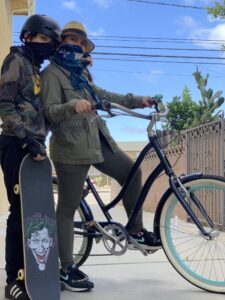
Emotional minefield
The chasm between our realities deepened with the arrival of vaccines. For me, getting myself and my family vaccinated was a no-brainer—a logical step in protecting ourselves and our community. Yet, many close to me continued to vehemently contest the validity of vaccination, citing misinformation and conspiracy theories. It wasn’t just a difference of opinion; it felt like a fundamental divergence in how we understood science, trust, and even basic human responsibility.
These conversations were not mere debates, they were emotional minefields, filled with a sense of betrayal and a deep-seated fear that the very foundation of our relationships was crumbling. The constant barrage of anti-vaccine rhetoric, often fueled by the same sources that promoted political division, added an unbearable layer of tension.
It wasn’t just about the vaccine; it was about the erosion of shared reality, the fracturing of trust, and the painful realization that even in the face of a global crisis, deeply entrenched ideologies could divide us irrevocably. The feeling of being on one side of a deep divide, with those you love on the other, was a unique kind of isolation. And don’t even get me started on what the isolation meant for my gallivanting mother, whose daily exercise of walking and going to visit friends was curtailed and led to the severe decline of her health.
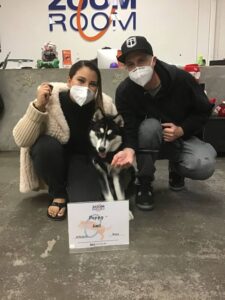
Now, five years later, what does it all mean? The pandemic didn’t just disrupt—it fundamentally reoriented us. It exposed the fragility of the systems we rely on, from healthcare to housing to education. It blurred the boundaries between work and life, between isolation and connection, between what we thought was stable and what was, in reality, always in flux.
Yet, perhaps the most significant shift has been internal. The collective trauma of COVID-19 reshaped our priorities, recalibrated our definitions of success, and forced us to reckon with impermanence. We learned to pivot, to adapt, to let go of assumptions about how life “should” unfold.
The pandemic was both a rupture and a revelation—a stark reminder not only of our vulnerabilities but also of our capacity to persist.
As I reflect on these past five years, I’m reminded that while we can’t always predict the disruptions ahead, we can choose how we emerge from them. And maybe that’s the greatest lesson of all.

